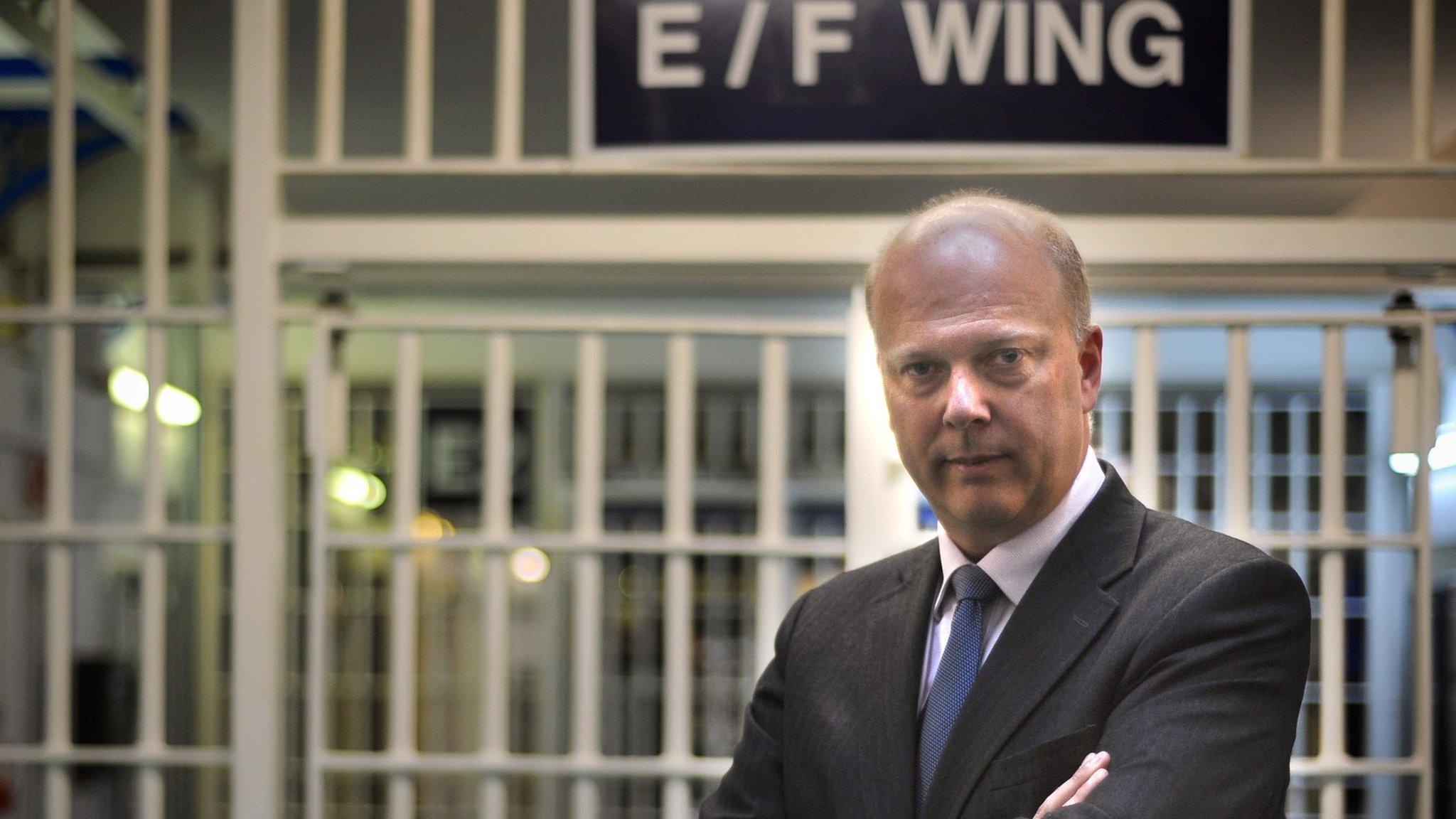Prisoners' children 'forgotten victims', Barnardo's says
- Published
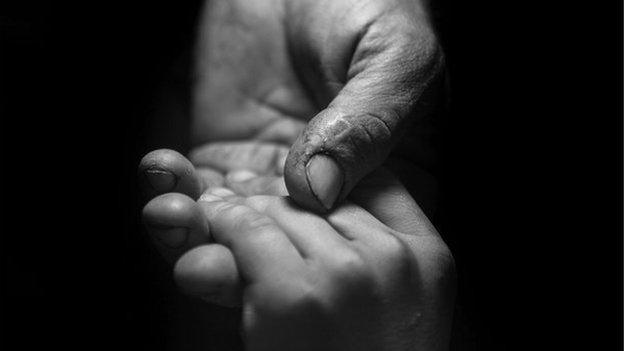
Children of prisoners are the "forgotten victims" of the justice system, Barnardo's has said.
Figures from 120 prisons suggest children make 500,000 visits to parents in prisons in England and Wales and the charity says these visits can cause them "long-lasting distress".
It says the children are in a "policy black hole", with little government effort to monitor or identify them.
The government says prisons "encourage offenders to maintain family links".
But the children's charity is calling for a minister to be appointed with responsibility for prisoners' children.

'It was scary' - Jake's story
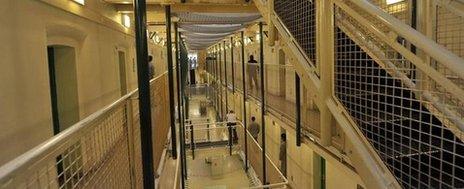
Jake is eight-years-old. He sees his father, who is serving a 24-year prison sentence, once a month. Visiting his dad involves an eight hour-round trip.
''I don't really like it that dad's so far away and it's a really long journey.
"It feels like you're there for the whole day because you're up so early. The first time I went it was scary because there were loads of officers round me.
"I was searched and we had to stand up like a star. There's these Alsatians that are really big and scary.
"Sometimes we're allowed to sit on his lap and do stuff like that, but he's not allowed to stand up and it's quite sad.
"We're not allowed to take pens and paper to the table. I would like to be able to go into the sports hall and play basketball with him.
"The part that I don't like is that I used to see him every single day of my life but now I don't really see him anymore.''
Jake's name has been changed.

Problem 'overlooked'
Barnardo's chief executive Javed Khan said: "Every week, thousands of innocent children pay the price for crimes they did not commit.
"The distress of a prison visit can be long-lasting; a child should not be left to pick up the pieces on their own.''
The charity says it is estimated that there are 200,000 children of prisoners in England and Wales, though it is unclear how many of them get to see their imprisoned parent on a regular basis.
However, figures provided to Barnardo's by 120 public prisons in England and Wales following a freedom of information request suggest they make 500,000 visits in total.
This is the first time these figures have been collated - a sign, says Barnardo's, that the problem is being overlooked.
The Ministry of Justice says prisons "encourage offenders to maintain family links through on-site visitor centres, family days and help from voluntary organisations".
It adds: "We are also introducing family engagement workers at most female - and a number of young adult - establishments".
'Appropriate balance'
The rules governing each visitor centre vary greatly. In some prisons, physical contact is discouraged, meaning a child might not be allowed to give a parent a hug or sit in their father's lap.
Often prisoners are prevented from moving from the visiting room table to interact or play with their child. The experience can be traumatic says Barnardo's.
A report by the Prisons and Probation Ombudsman earlier this year found that some prisons "fail to achieve an appropriate balance between supporting family ties and ensuring security," and that many are failing to apply procedures in "a fair and consistent way".
The visits are not just important for children, says Barnardo's, as they also have a positive effect on the prisoner. Ministry of Justice figures show that offenders with family ties are 39% less likely to reoffend.
Barnardo's is calling for a minister to be appointed with responsibility for the children of prisoners. This is a matter of urgency, says the charity, because so many of these children feel isolated and need support.
Research from the Cabinet Office's Social Exclusion Unit also shows that many children of prisoners will themselves end up in prison - 65% of boys with a convicted father will go on to offend themselves.
- Published22 July 2014
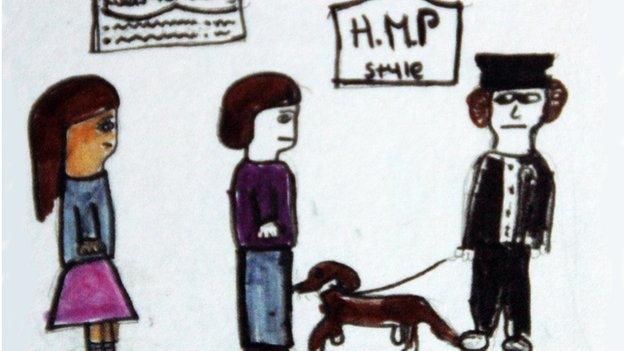
- Published17 December 2013

- Published24 September 2014
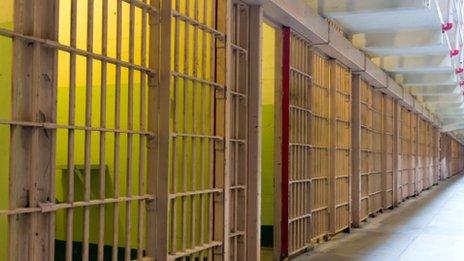
- Published19 August 2014
